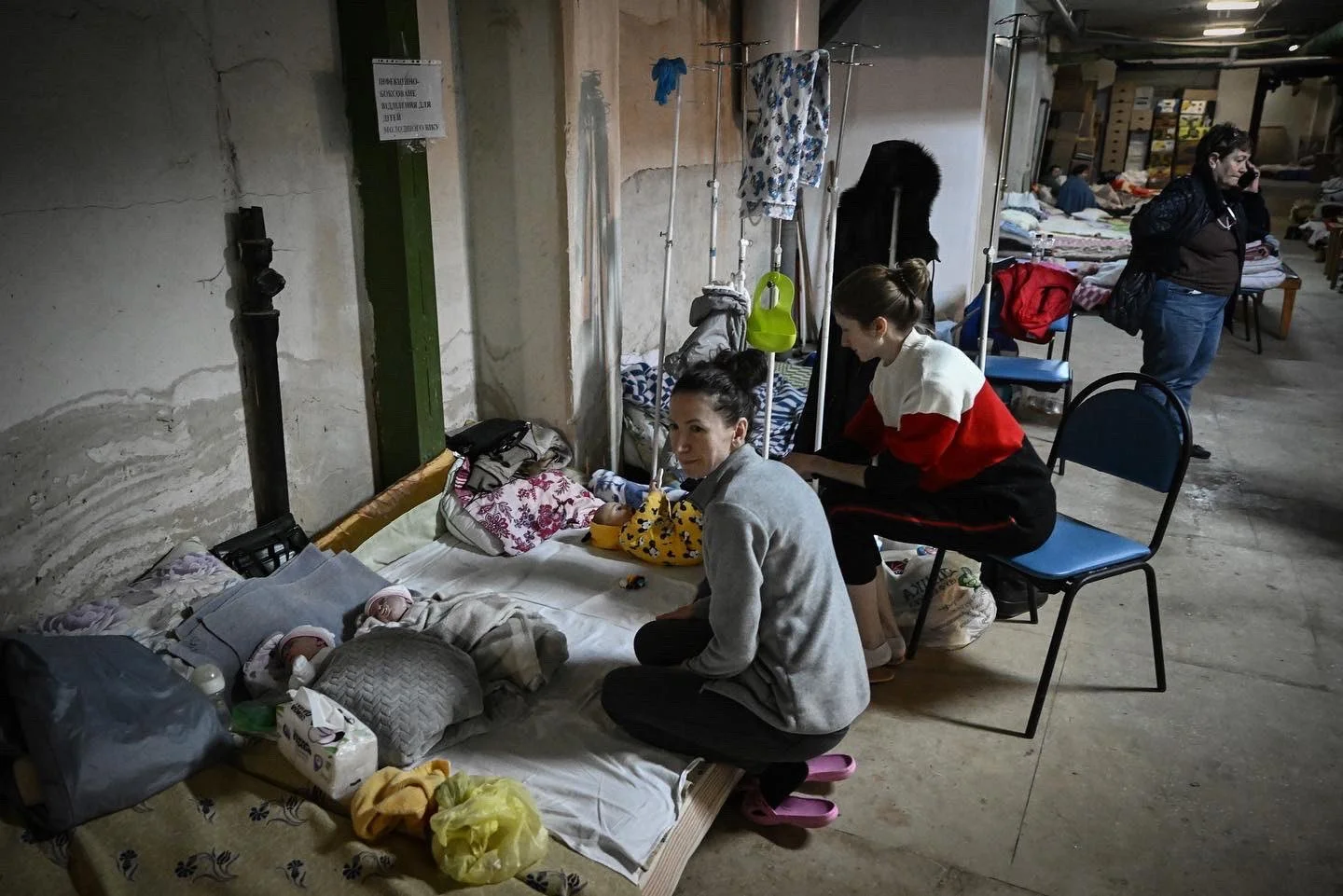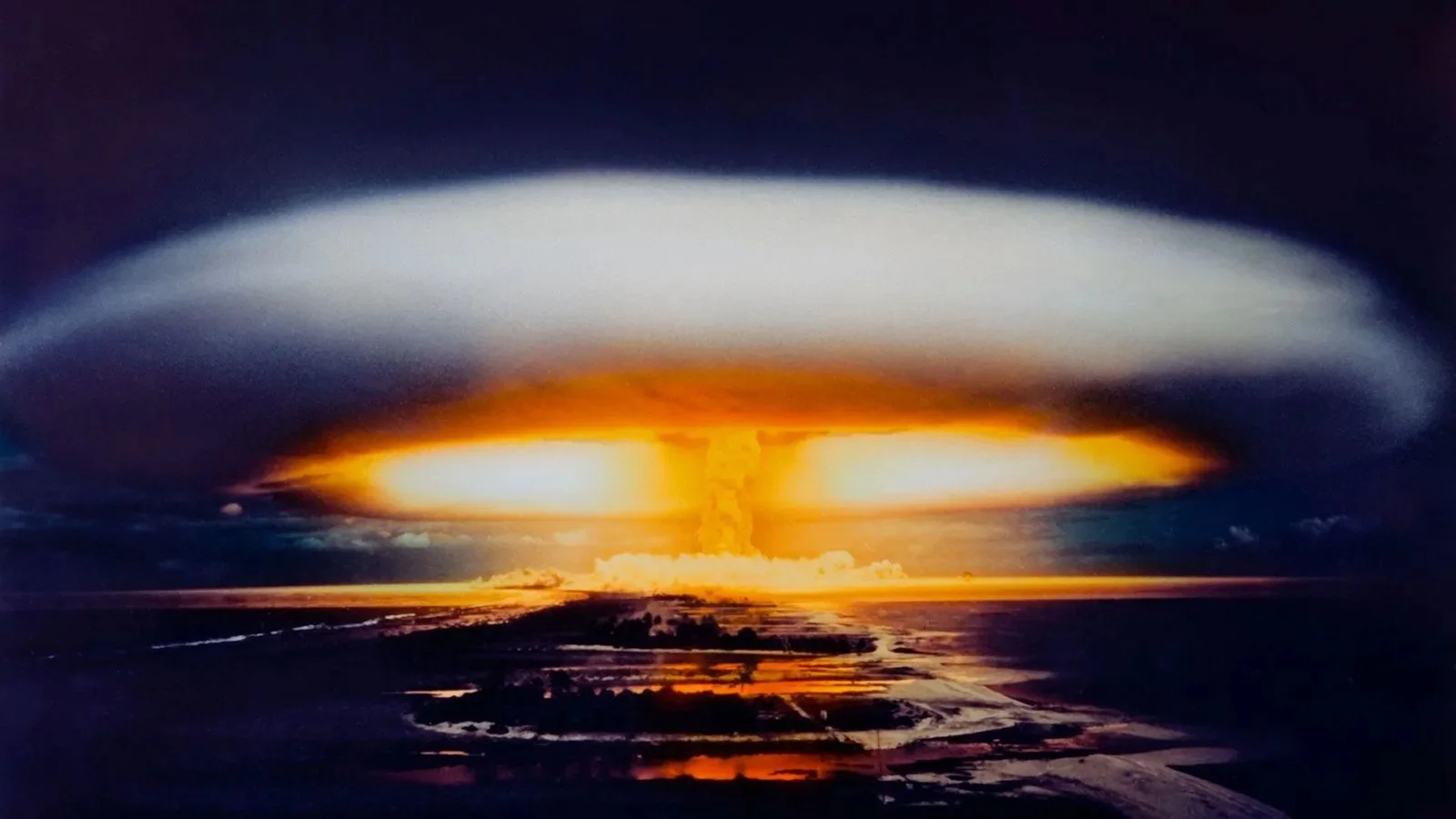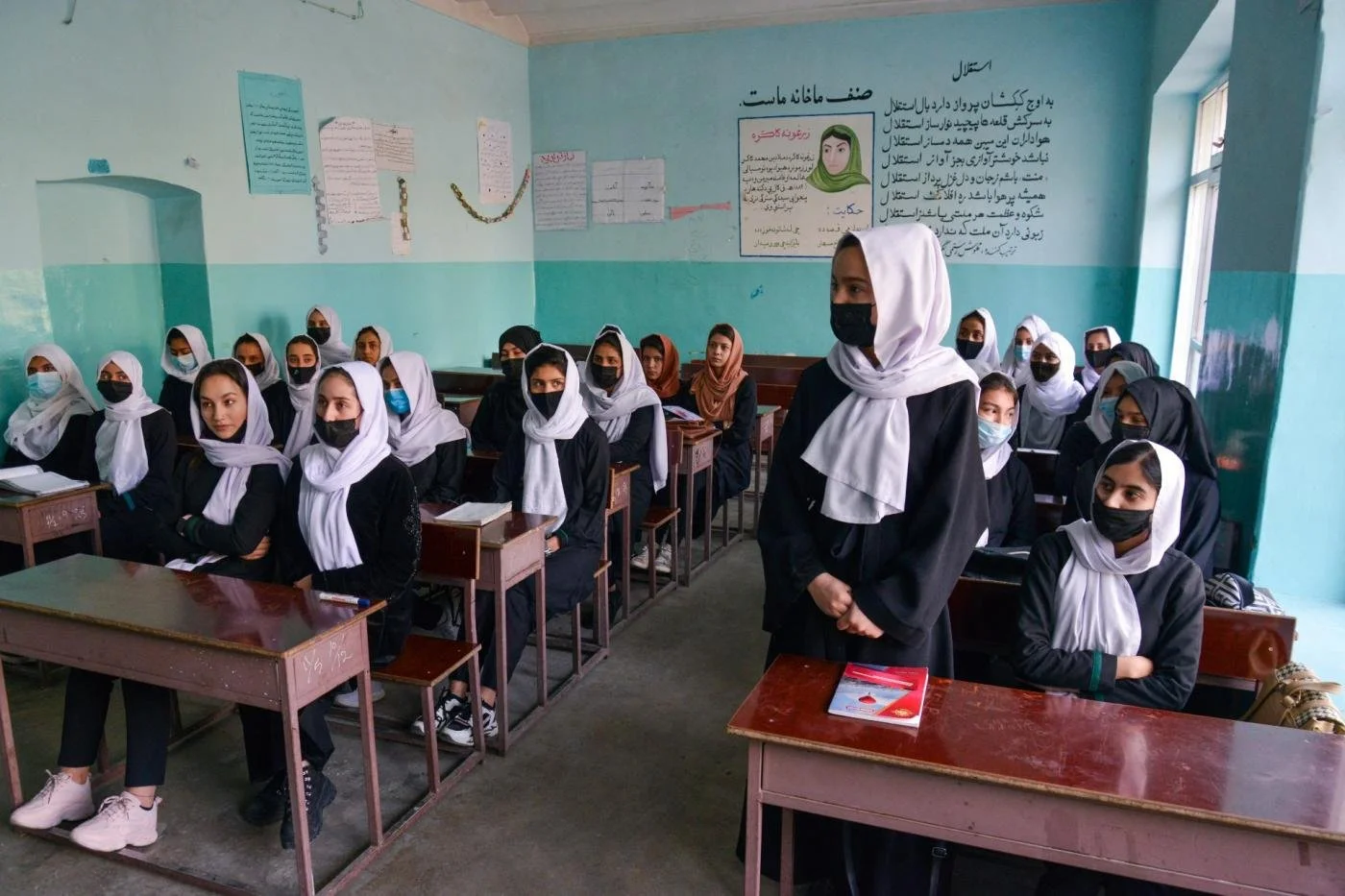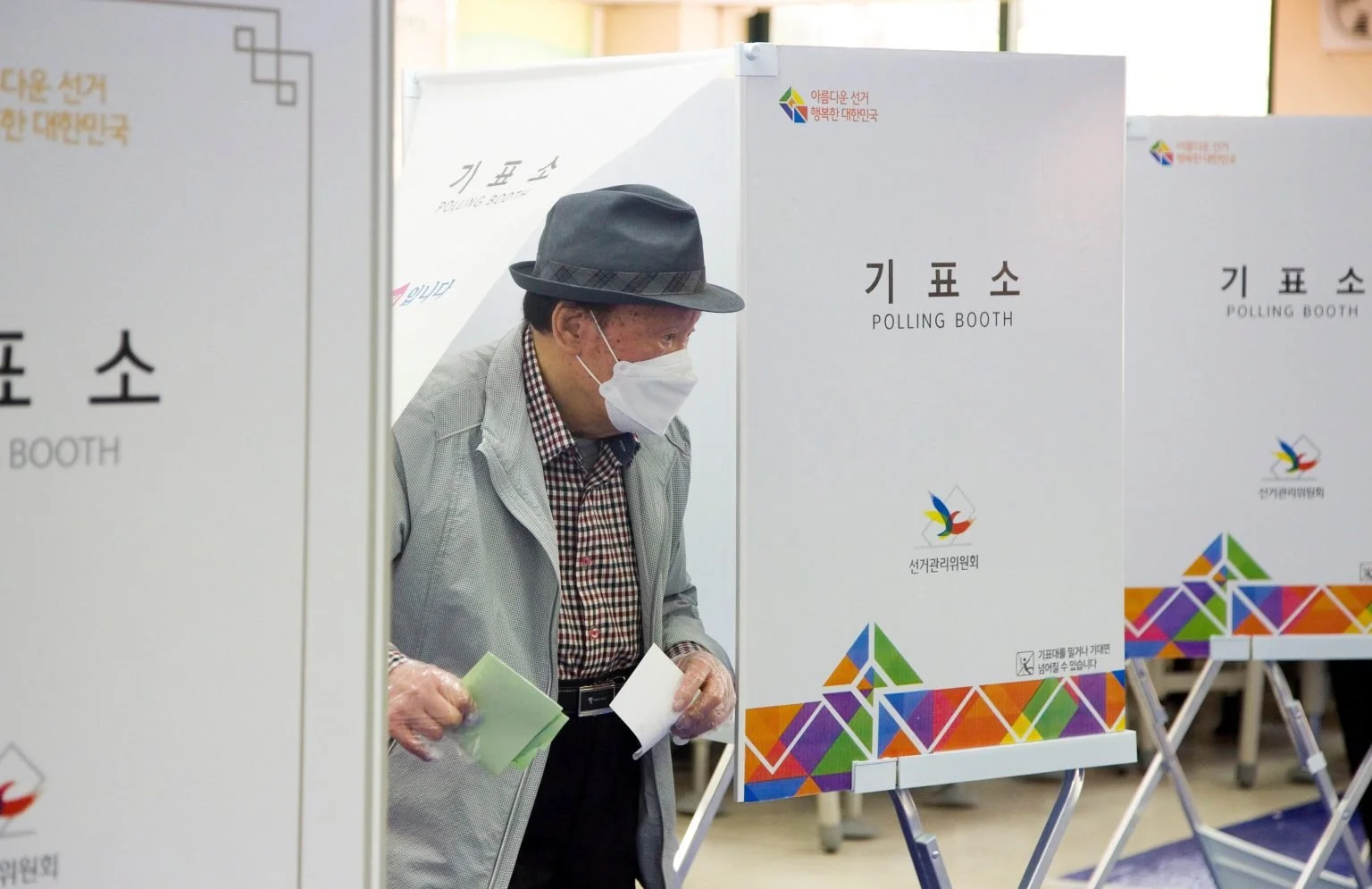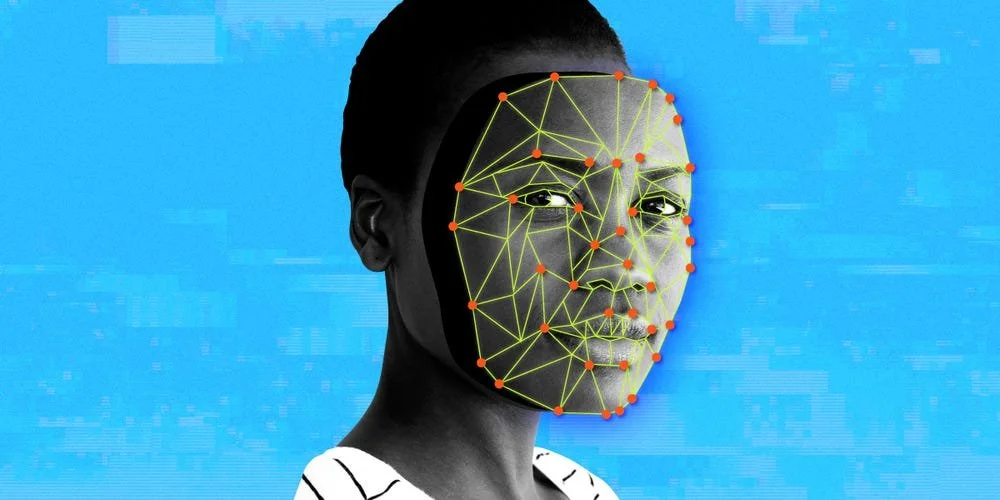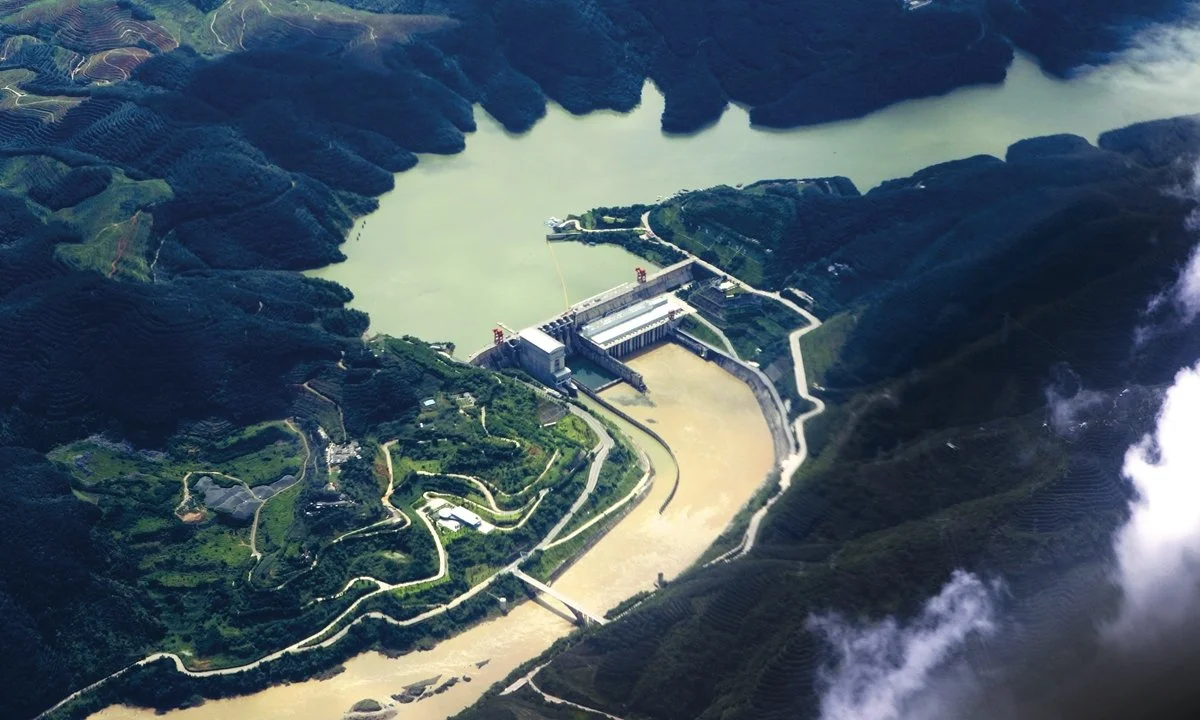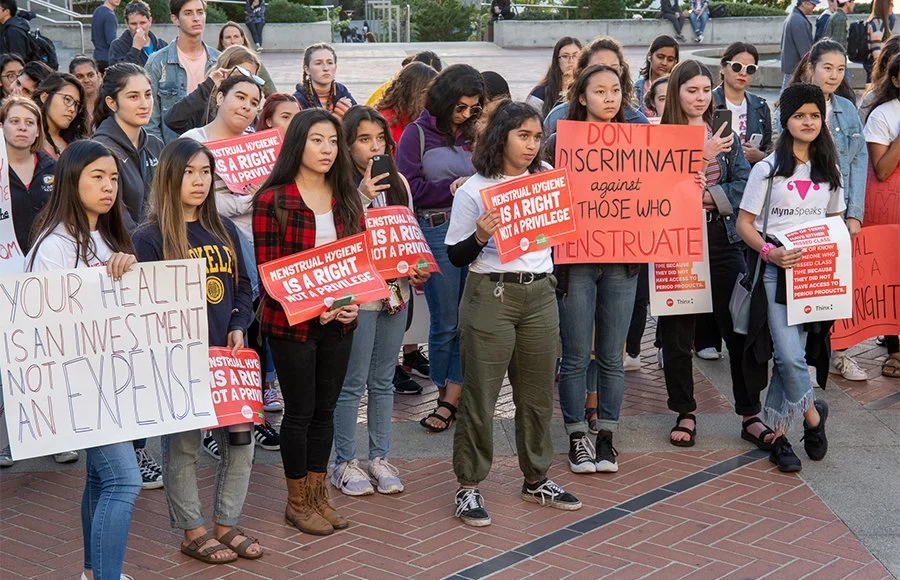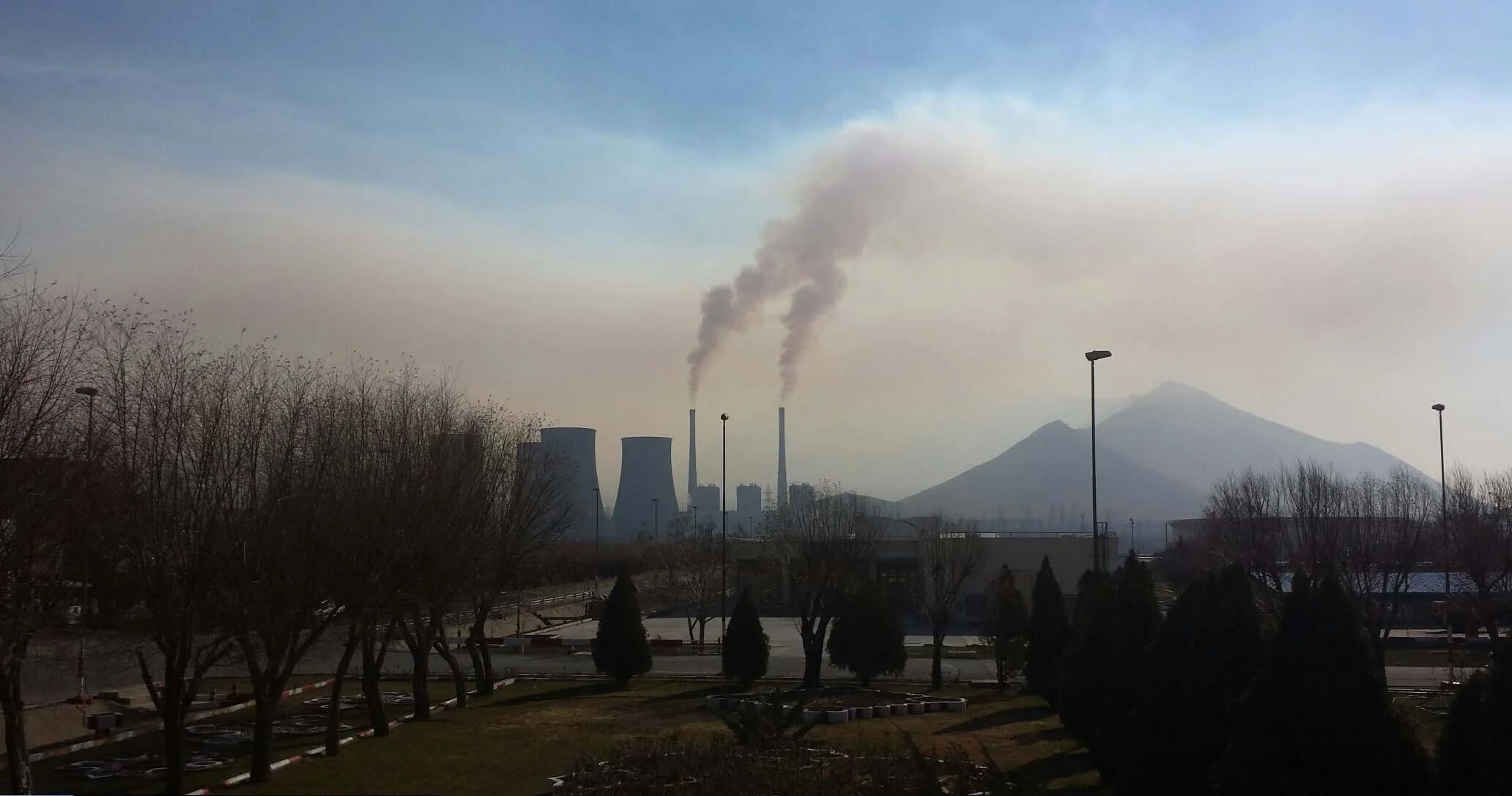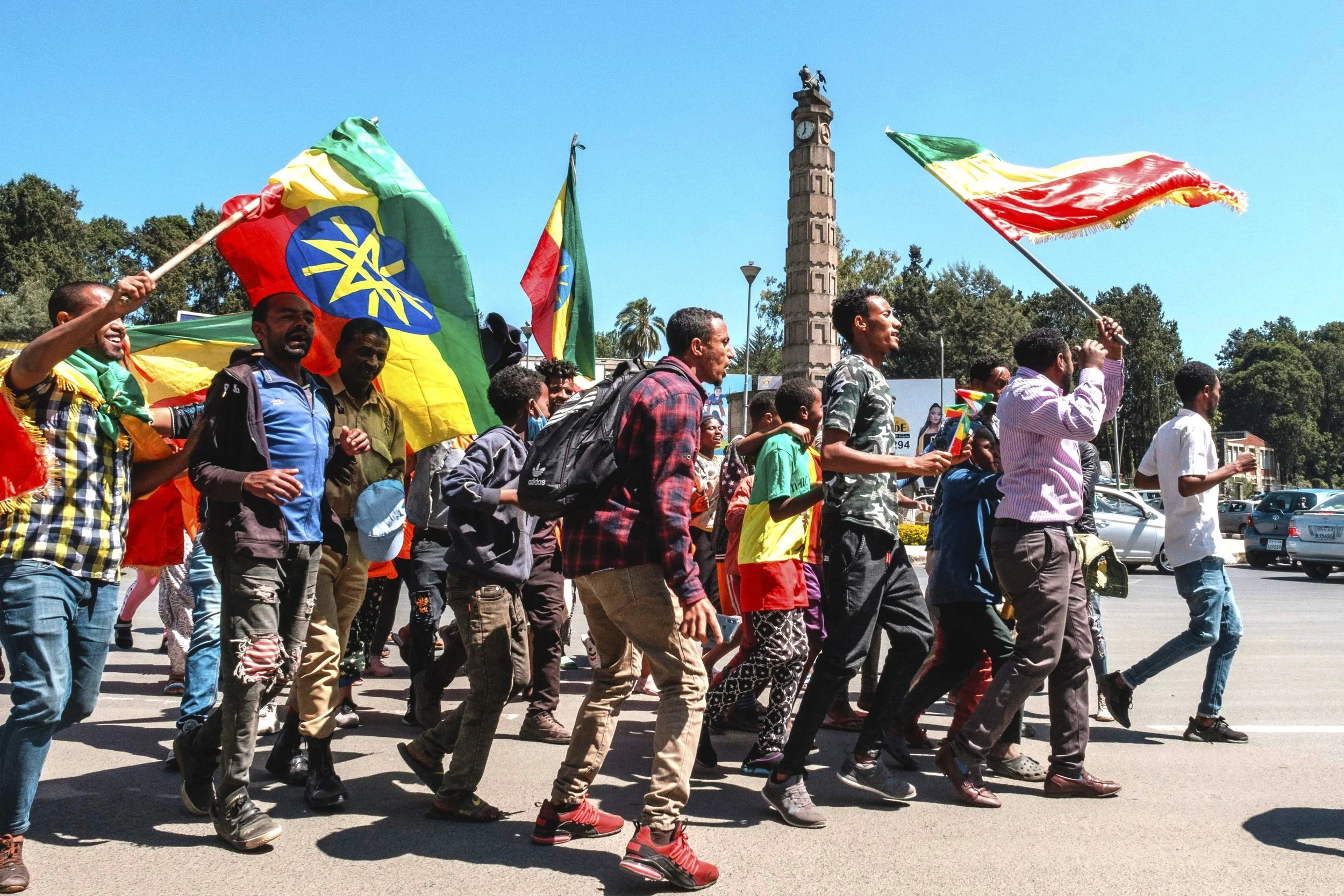In the Guapinol community in Honduras, the river that once supplied the local population with clean drinking water now supplies tap water that runs thick and muddy brown. Overzealous private security guards once gathered on the river banks to force away the protestors, but they were soon replaced with security forces from the Honduran government itself. And for two years, eight human rights defenders were trapped in arbitrary detention, with the future of the land they fought to protect still uncertain.
Read MoreContent Warning: Sexual Violence
On February 24th, Russia officially invaded Ukraine and the stories of violence, destruction, and chaos have spread internationally. Despite this, some of the most disturbing and heartbreaking stories, those of Ukrainian women and girls, have gone unreported.
Read MoreThe Cold War, the great power struggle between Russia and the US (and more broadly Western influence), is known to have ended in the late 20th century. However, with the recent actions and demands of Russia, this doesn’t seem to be the case. As the Russian-Ukrainian conflict has come into play, it seems as if the Cold War ideology has not been erased but rather has been festering, and now has been thrust into the spotlight once again.
Read MoreRussia’s invasion of Ukraine has given Germany’s political landscape a tremendous shake. New Chancellor Olaf Scholz’s honeymoon period in office ended before it even began. Scholz has come under tremendous pressure from both domestic political adversaries and foreign officials, notably including Ukraine’s ambassador to Berlin, for failing to increase German support of the Ukrainian military quickly enough.
Read MoreWhen nuclear weapons come to mind, there is often hysteria associated with them, the end of the world, destruction of the Earth, end of life as we know it. The public has a vague idea of what nuclear weapons are and what their purpose is in grand strategy, and it’s time to change that. The media consistently overplays the threat of nuclear annihilation, but since the inception of these weapons of mass destruction, they were only ever used twice.
Read MoreThe concerning increase in violent female homicides within the last two decades has prompted many Latin American countries to distinguish these deaths from other homicides by labeling them “femicides.” Femicide refers to the specific killing of women and girls for gender-based reasons, and has cast a dark shadow over the safety of women in these respective countries. In many Latin American countries, impunity of the justice system contributes to the increase in femicide cases. Police agencies and judges often do not thoroughly investigate or prosecute the perpetrators of these heinous crimes…
Read MoreFor decades, different generations have had divisions ranging from political affiliation to popular culture, and even visions for the future. To start, it is important to know who exactly Gen Z is. People born from 1997 onward to around 2012 are all considered to be Gen Zers. Due to the differences in socio-economic circumstances that come with being born at such a time period, it is only logical that different generations see the world differently…
Read MoreIn 2021, the Taliban took control of Afghanistan as US troops withdrew from the country. Of course, many concerns arose among the international community. One of the main concerns was protecting women’s rights, particularly access to education. However, the Taliban reassured the world that they had no plans to stop women from getting an education. The Taliban closed schools for nearly seven months after coming to power.
Read MoreWhen someone thinks of South Korea, they imagine a modern, democratic nation that starkly contrasts with its autocratic and corrupt northern neighbor. And while this perception is somewhat correct, it overlooks the vast levels of corruption that occurs in South Korea. In fact, South Korea only became a true democracy in 1988, rapidly transitioning into what is now perceived as a strong democracy.
Read MoreContent Warning: Sexual Assault
In 1992, in Rome, an 18-year-old girl was taking a driving lesson when her 45-year-old male driving instructor sexually assaulted her. She reported the assault to the police, and the rapist was arrested, prosecuted, convicted of rape, and sentenced to 34 months in jail. Seven years later, the rapist appealed his sentence, claiming that the two had consensual sex.
Read MoreAnything can be accomplished with and by artificial intelligence nowadays. Economists can determine the future state of the economy using A.I. and computers can outsmart chess grandmasters in a matter of seconds. And now, anyone can make a video of someone doing or saying anything.
Read MoreEach year thousands upon thousands of satellites are launched into the lower orbit with little regard over the risks these machines pose. As of 2022, there are an estimated 40,000 tracked pieces of satellite and spacecraft debris floating around our planet of the numerous more known to exist. According to the U.S. Space Command, most of the debris in our lower atmospheric orbit stems from collisions between the surplus of satellites in space, the majority of which isn’t being tracked by the U.S.
Read MoreT/W: Discussion of rape/sexual assault.
The idea of “law and order” is an outdated phrase that simply masks the systemic inequity that is consistently unaddressed in this country.
Read MoreOn a relaxing summer morning, I was eagerly catching up with an old high school friend in a small, dimly lit Bay Area diner. As we were discussing our respective college experiences, I was completely caught off guard by his deep anger with the political climate on campus. He felt ostracized as a conservative amongst “liberal snowflakes who had never worked hard for anything in their life'' who had taken over his campus.
Read MoreThe Mekong river is one of the longest rivers in the world, flowing from Tibet where it collects melting snow from the Himalayas in China, through Myanmar, Laos, Thailand, Cambodia, and Vietnam. Every year this major waterway oscillates alongside the rainy season when a massive pulse of water swells the river as monsoon rains and Himalayan melted snow flows downstream.
Read MoreAs of today, nearly 25%, or 500 million, of women around the world do not have access to menstrual health products and education. Despite affecting such a large population of women across the world, this issue known as period poverty is rarely talked about in the context of global health. The U.S. is not exempt from this issue. The Pink Tax, a price discrepancy between products marketed to women despite the nearly identical, cheaper versions marketed to men, is a huge reason for this.
Read MoreWith the 2021 United Nations Climate Change Conference concluding as of November 12th, many world leaders have acknowledged the severity of climate change and the necessity for action against it. While it is a promising sign that nations are recognizing the need for lower greenhouse gas emissions, there are some regions of the world that are suffering the consequences of climate change much more severely than others.
Read MoreIt was March when Maryam Petronin returned to Mali, only five months after a French hostage exchange guaranteed her freedom from a five-year captivity in the hands of a jihadist group. Petronin, the head of a children’s aid organization in Gao, went despite warnings from French authorities and in the face of a Malian arrest warrant, sparking criticism from the French government, including spokesperson Gabriel Attal, who described her actions as “a form of irresponsibility.”
Read MoreTen years ago, it seemed as if the day of the paper book was coming to an end. The popularity of e-readers seemed to some a harbinger of a digital reading future, one in which the book as we knew it would become superfluous. So far, this has failed to materialize, and in the years since then there has been an increasing realization that books have intrinsic value that cannot be replicated electronically.
Read MoreOn November 4, 2020, Ethiopian Prime Minister Abiy Ahmed ordered a military offensive against the regional forces of Tigray, a region of Ethiopia. Its leadership and forces once ruled Ethiopia before retreating back to their stronghold of Tigray after Ahmed took power. Ahmed stated that this was a response to an attack on a military base housing government troops in Tigray. This attack marked the escalation of the political tensions between Ahmed and the Tigray People's Liberation Front (TPLF).
Read More

